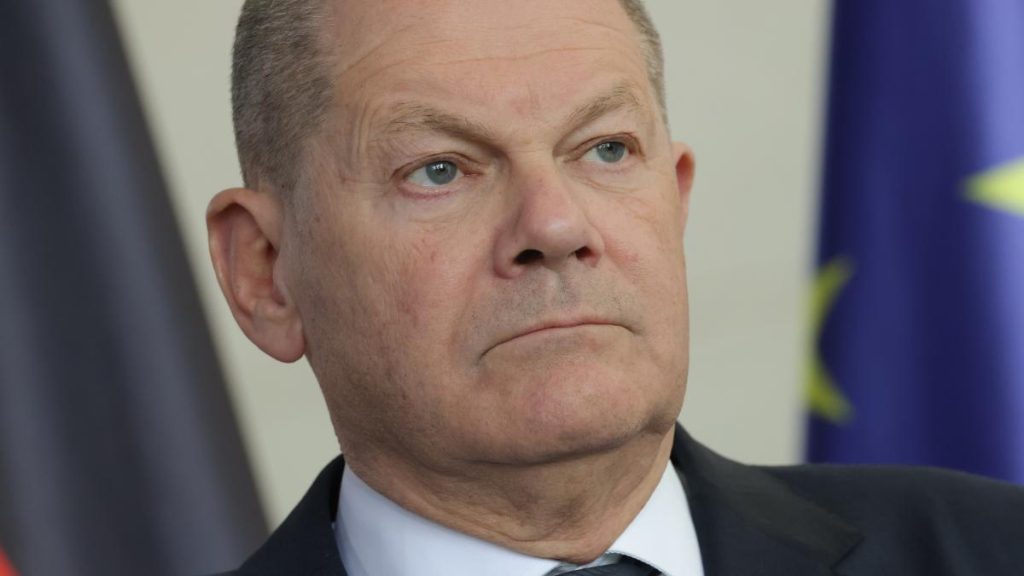German Chancellor Scholz has rejected calls for a later retirement age, stating that it is a matter of decency not to deprive those who have worked long of their well-deserved retirement. He expressed annoyance at those who dismissively refer to Germany as a “leisure park,” or who demand an increase in the retirement age. Scholz warned against uncertainty caused by ongoing debates about the retirement age, emphasizing the right of younger workers to know how long they will have to work. While he did not explicitly name a target for his criticism, his remarks followed the FDP’s call for the abolition of early retirement at their party convention, which upset their coalition partners, the SPD and Greens.
Scholz praised the introduction of the minimum wage nine years ago as a “great success,” noting that his government has raised it to twelve euros per hour. He stated that this has reduced the number of poorly paid jobs in the country, but acknowledged that there are still too many people working hard for insufficient wages. To address this, the government provides additional support through housing benefits, child supplements, and reductions in social security contributions for low-income earners. Scholz expressed pleasure at the recent high collective bargaining agreements, predicting a significant increase in wages this year. He emphasized the need for more workers in the coming years, especially those who have fled to Germany from the war in Ukraine, highlighting the importance of work beyond simply earning money.
In his video message for Labor Day, Chancellor Scholz reiterated his commitment to ensuring fair working conditions and decent pay for all workers in Germany. He emphasized the importance of valuing and appreciating the contributions of all employees, highlighting the social and emotional aspects of work beyond just financial gain. Scholz also addressed the ongoing debate about the retirement age, rejecting calls for a later retirement age and affirming the right of workers who have dedicated years to the workforce to a well-deserved retirement. He criticized those who disparage Germany as a “leisure park” and warned against creating uncertainty around retirement planning.
Scholz noted the positive impact of the government’s measures to support low-income earners, such as the minimum wage increase, housing benefits, and reductions in social security contributions. He acknowledged that there are still many people in the country who work hard for insufficient pay and stressed the need for continued efforts to improve working conditions and wages for all. Scholz welcomed the high collective bargaining agreements and predicted a significant increase in wages for the coming year. He emphasized the importance of work beyond just earning money, highlighting the social and emotional benefits of belonging to a community of colleagues and receiving recognition and appreciation.
The Chancellor also highlighted the need for more workers in the coming years, particularly those who have fled to Germany from the war in Ukraine. He emphasized the importance of integrating these new arrivals into the workforce and providing them with opportunities for employment. Scholz reiterated that work is not just about earning money but also about belonging, camaraderie, and recognition. He reaffirmed the government’s commitment to supporting workers and ensuring fair wages and working conditions for all in Germany.


